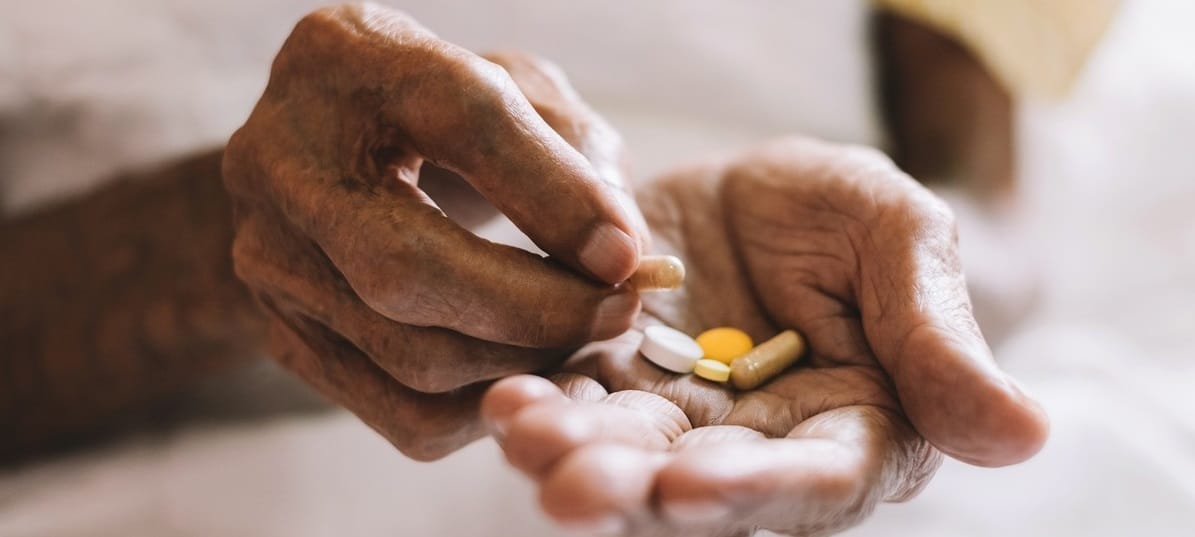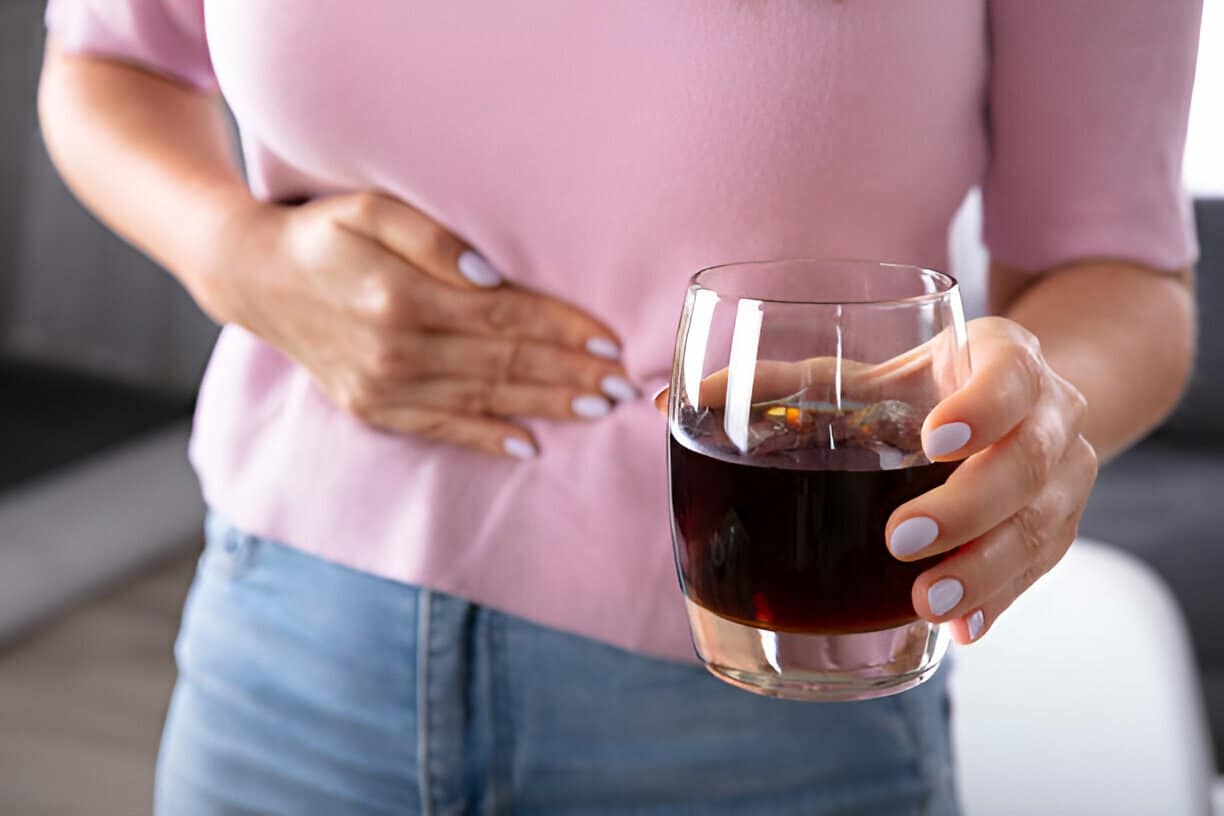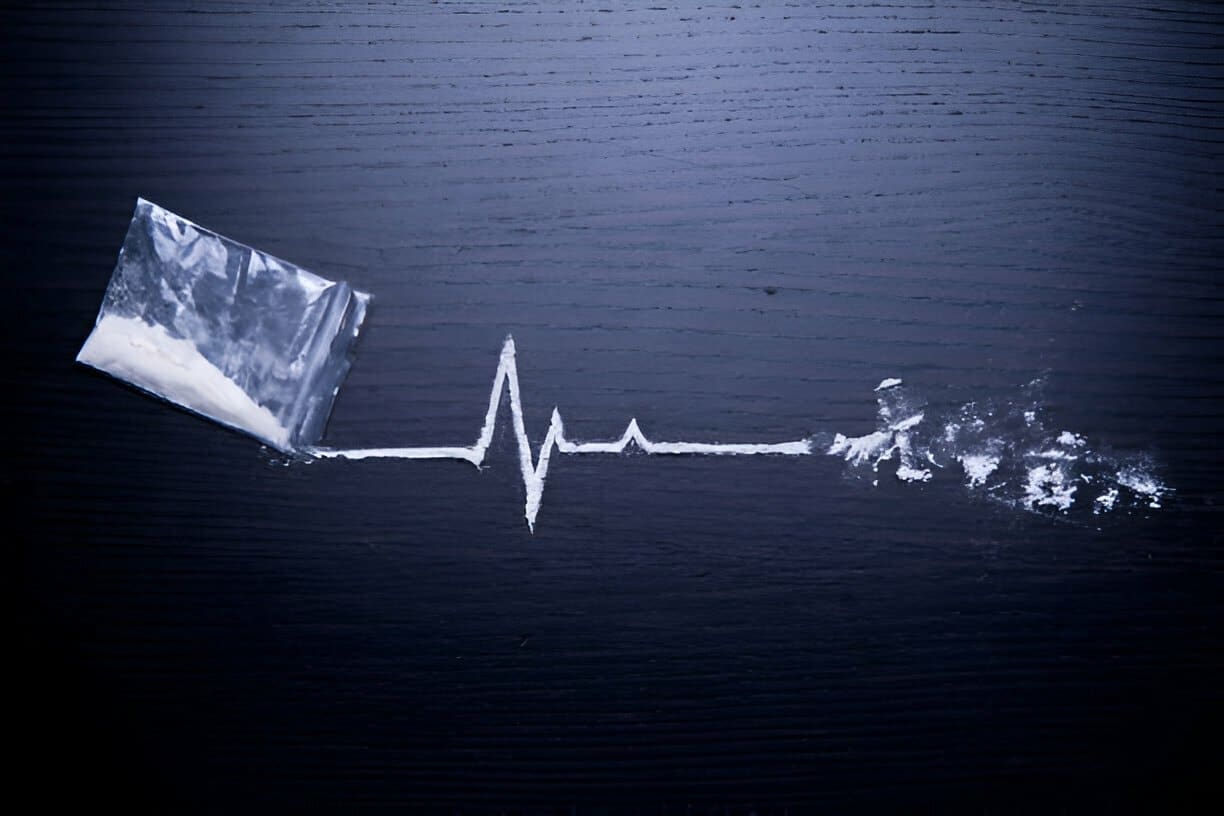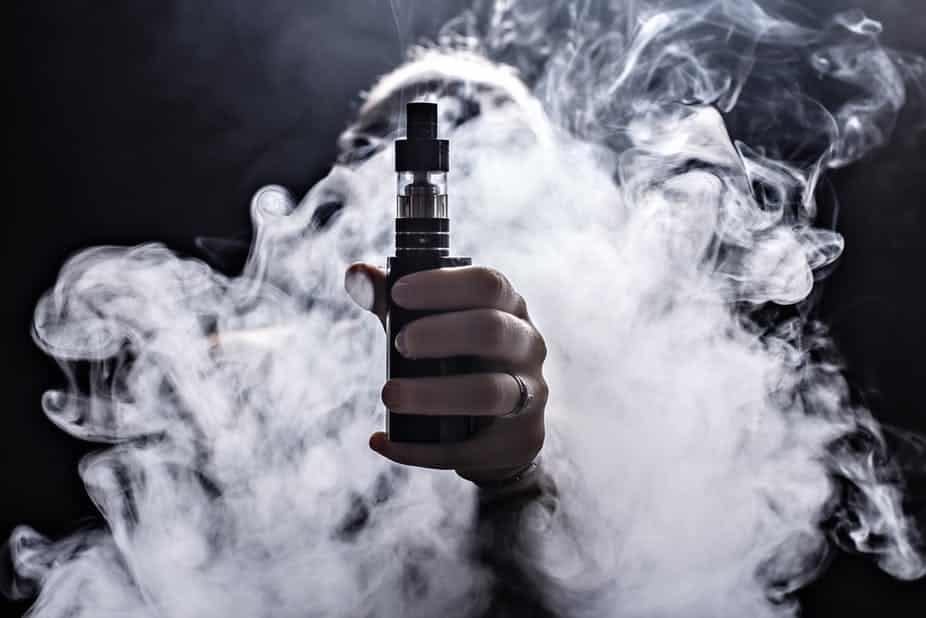Start exploring drug and alcohol rehabs today. Treatment providers are available to answer your questions.
addiction is a complex illness marked by an uncontrolled desire to consume a substance (drugs or alcohol) or engage in a behaviour (gambling, technology, sex, and love) despite the negative consequences.
When someone develops an addiction to a substance or a behaviour, the reward pathways in the brain are overstimulated, resulting in pleasure. Over time, the brain’s ability to self-regulate deteriorates, making control nearly impossible, resulting in addiction.
Substances and behaviours can also be used as a coping mechanism to deal with unpleasant thoughts or emotions resulting from co-occurring mental illness.
An addiction can rapidly impact an individual’s mental and physical health, relationships, finances and cause social and legal problems.
Professional addiction treatment is proved to be the most effective strategy to confront addiction and support the patient in long-term recovery.
If you have an addiction, it’s important to seek help. You don’t need to suffer alone. Contact us today on 0800 999 1083 to find out about addiction rehab centres near you. Our experienced staff can guide you through the entire addiction recovery process.

It is very important to treat addiction because it affects every aspect of life. When someone has an addiction problem, they are unable to function normally. This includes not only being able to hold down a job but also having relationships. People who suffer from addiction may lose friends, family members, and loved ones due to their actions. In addition, they may experience legal issues and other health problems. Moreover, when someone suffers from addiction, they are much more likely to commit suicide.
When seeking treatment for addiction, it is important to realise that it takes time and effort to fully recover. You must dedicate yourself to getting better. While it is possible to stop drinking or taking drugs cold turkey, it is far safer to do so under the supervision of trained addiction professionals.
There are many different types of treatment programs available for those suffering from addiction.
If you or someone you love is struggling with an addiction, it’s time to get help. Drug addiction treatment centres can provide the support and guidance needed for a successful recovery. In this page, we will discuss some of the most common forms of drug abuse treatment.
The first step toward recovery is admitting that you have a problem. Call our helpline today to learn how we can help. Our goal is to help you overcome your addiction so that you can live a healthy, happy life.
Addiction is a serious problem that needs immediate attention. Call us on 0800 999 1083 to discuss treatment options.
There are several benefits to going through an addiction rehabilitation program. These benefits include:
Don’t go through the process of recovery alone. Treatment providers can answer your questions. Get in touch with one today.
Call 0800 999 1083 today!
Alcohol is one of the most widely used recreational drugs. Alcoholism is characterised by compulsive drinking that interferes with daily life. These can include binge drinking and high functioning alcoholism. Alcoholism causes serious health problems and can be fatal.
Drug addiction, also called substance use disorder, is a disease that affects a person’s brain and behaviour and leads to an inability to control the use of a legal or illegal drug or medication. Substances such as alcohol, marijuana and nicotine also are considered drugs. Commonly abused drugs:

Behavioural or process addiction refers to behavioural problems that involve a lessening of control, persistent seeking, and significant harm even though no addictive substance is involved. A process addiction is characterised by the compulsive nature of the behaviour.
Examples of these types of addiction include:
Addiction is a serious problem that needs immediate attention. Call us on 0800 999 1083 to discuss treatment options.
Here’s a simple step-by-step guide that explains how addiction treatment works.
Step 1 – The first step in any addiction treatment is to admit that you have a problem. Once you have admitted that you have a problem, then you must decide whether you want to seek help for your addiction.
Step 2 – After admitting that you have a problem and deciding whether or not you want treatment, you will begin to detox from the addictive substance. During this time, you will be given medications and/or therapies to reduce withdrawal symptoms.
Step 3 – After detoxing, you will attend a rehab programme where you will be treated for your addiction. Here, you will undergo a variety of therapies designed to treat both the physical and psychological aspects of your addiction.
Step 4 – After completing an addiction rehab programme, you will return to living your life as before. You may choose to attend aftercare sessions once a week or every day, depending on what type of support you need.
Step 5 – Finally, if you still have problems with your addiction, it is important to seek out further treatment. There are many different types of addiction treatment available, including 12-Step programs, Support Groups, Cognitive Behavioural Therapy, and Counselling.
Speak to us on 0800 999 1083 to discuss treatment options and to find the best alcohol rehab centre.
There are many different types of addiction treatment programs out there, ranging from inpatient rehab centres to outpatient counselling. Some of these programs focus on abstinence-based approaches, while others use more holistic methods.
Regardless of which type of program you choose, one thing remains constant: they all require commitment from you. Whether you decide to go into rehab voluntarily or because you were forced by law enforcement officials, you must commit yourself to get well so that you don’t relapse.
If you or someone you know is struggling with addiction, please call us at 0800 999 1083 for confidential help.
Before you can start to address your addiction, you will need to determine what kind of addiction you have. This is called an assessment. It involves talking to your doctor or addiction specialist and answering questions about your history of using drugs and alcohol.
You may also take a test called a Drug Abuse Screening Test. A DAST consists of four questions about your use of drugs and alcohol. Your answers to these questions help your doctor and therapist understand whether you have a substance abuse problem.
Further medical tests may be required to determine if you’re healthy enough to undergo addiction treatment.
Before beginning any kind of treatment, you should make sure that you accept you have an addiction problem. This means acknowledging that you have an illness that requires professional help. It also means accepting yourself as a person who struggles with addiction.
It’s important to remember that you do not have to be perfect to receive treatment. Many people struggle with addictions without ever seeking help. So don’t let shame keep you from getting the help you need.
A common form of addiction treatment is detoxification. Detoxification involves removing the addictive substance from your system through various means, such as medication, physical removal (e.g., via a stomach pump), or psychological removal. During this time, patients usually stay in a safe environment away from their normal surroundings. They also receive professional guidance about how to cope with the physical effects of withdrawal.
During detoxification, patients must remain under close medical supervision. They should not leave the facility without permission.
Some people experience severe withdrawal symptoms when they stop taking drugs. These include anxiety, agitation, hallucinations, tremors, sweating, diarrhoea, vomiting, headaches, muscle aches, and insomnia. To help manage these withdrawal symptoms, addiction professionals can prescribe certain medications.
After detoxification, you may enter into inpatient rehab. Or you may opt for outpatient treatment. Either way, you will begin working with a therapist.

Medications can play an integral role in treating addictions. Medications can be used to reduce cravings or help patients tolerate uncomfortable symptoms associated with withdrawal. The goal is to make it easier for patients to quit doing drugs without returning to them later.
These are some of the medications that can be used in drug addiction treatment:
Antidepressants are prescribed to relieve depression and anxiety. They work by increasing levels of serotonin and norepinephrine in the brain.
Amphetamines are prescription medicines that increase dopamine levels in the brain.
Benzodiazepines are tranquillisers that relax muscles and slow down thoughts. They are commonly prescribed to treat anxiety and panic attacks.
Methadone is an opioid drug that is often used to treat addiction to other opioids, such as heroin, oxycodone or fentanyl. Methadone works by binding to opiate receptors in the brain.
Methadone binds to opiate receptors but doesn’t produce the euphoric effect associated with opioids. It’s often prescribed to people who are already addicted to opioids.
This medication can be taken once daily.
Buprenorphine is a synthetic opioid pain reliever that has been shown to be effective in treating heroin dependence.
Many programs combine medication-assisted treatments with therapy. In this type of program, patients use medication to reduce cravings and other unpleasant physical effects of substance abuse. Then, they attend individual and group sessions where they discuss their progress and receive guidance from therapists.
This combination of therapy and medication allows patients to stop using substances gradually and avoid withdrawal symptoms. As long as patients continue to follow through with their appointments, they should be able to stay clean and sober.
If you have decided to get clean and sober, you should know that you aren’t alone. Millions of people struggle with substance use disorder each year. Fortunately, there are effective treatments available now that allow addicts to overcome their addictions and lead healthy lives.

After detoxification, you may go through a period of intensive counselling. Drug counsellors work with their clients to develop coping skills and learn ways to deal with cravings. The goal of drug rehab is to teach you how to live sober.
You may also attend AA meetings while in rehab. These meetings provide support and encouragement. They also offer tools to cope with cravings and other problems related to substance abuse.
The most intensive form of treatment is inpatient drug rehab. In this setting, patients live at the centre where they receive daily individualised therapy sessions and attend meetings, as well as having access to doctors, nurses, counsellors, and other support staff. This level of care helps patients build new habits and develop coping skills to avoid falling back into their old ways when they leave rehab.
Another treatment option is outpatient drug rehab. Here, patients attend weekly or biweekly meetings and attend group meetings. Outpatients often need less time than inpatients to recover, but they still benefit from regular therapy sessions. It’s important to note that outpatient treatment isn’t always enough for long-term sobriety. Many people who successfully complete outpatient rehab will eventually return to using illegal drugs.
A partial hospitalisation program combines elements of both outpatient and inpatient care. A partial hospitalisation program provides 24-hour supervision by trained staff. While patients stay at home during the day, they must check in regularly with a counsellor.
In addition to providing 24-hour supervision, partial hospitalisation programs often include group counselling sessions. Group counselling helps patients build social support networks. Some programs even offer 12-step groups.
An IOP is similar to a partial hospitalisation program. However, instead of staying at a rehab facility, patients attend weekly group counselling sessions.
These programs are more intense than traditional outpatient treatment. However, they still allow patients to maintain some level of independence.
IOPs typically last between six and eight weeks.
A sober living house operates as a residential bridge between an inpatient treatment centre and the return to normal life. Residential rehabilitation is a great option for people in recovery who need additional time reinforcing what was learned in rehab. Sober living homes help people in recovery strengthen their new healthy habits while still residing in the comfort of a structured environment.
Addiction is a serious problem that needs immediate attention. Call us on 0800 999 1083 to discuss treatment options.
After detoxification, patients enter into a rehab phase, and they receive counselling and psychotherapy. Counselling helps patients identify the reasons why they abuse drugs. Psychotherapy helps patients learn coping mechanisms to deal with stress.
The goal of substance abuse treatment is to help patients recover from their addictions. This means getting rid of cravings, developing coping skills, and learning healthier ways to deal with stressful situations.

Speak to us on 0800 999 1083 to discuss treatment options and to find the best alcohol rehab centre.
Many rehab centres offer specialised programs that target specific issues associated with addiction. For example, some facilities specialise in treating co-occurring mental health disorders like depression and anxiety. Others focus on teaching patients effective communication techniques.
These are some of the therapies used to treat substance abuse and addiction:
Individual therapy is used when the patient needs to talk about their personal issues. In individual therapy, the therapist works closely with the patient to identify the underlying causes of the problem. Individual therapy allows you to discuss your problems and develop new skills. The goal of individual therapy is to help the person develop coping skills so they can manage stress and anxiety. It also gives you the opportunity to practice new ways of thinking and behaving.
Another type of treatment is cognitive-behavioural therapy. CBT focuses on helping patients identify negative thoughts and behaviours that contribute to their addictions. These thoughts and behaviours are then replaced with positive ones. For example, if you think “I am weak,” your therapist might encourage you to replace this thought with “I am strong.” Or if you tend to drink excessively after work, your therapist might suggest replacing this behaviour with something else like going for a walk instead.
Counselling can assist you in gaining a better understanding of why you began using drugs and how to address any underlying issues that contributed to your addiction. They will help you look at your past experiences related to substance use and any problems you may be having now. Counsellors can also help with coping skills and methods to avoid relapsing into substance misuse.
Dialectical behavioural therapy (DBT) is a form of psychotherapy that combines mindfulness meditation techniques with cognitive restructuring. DBT teaches us to accept ourselves and others without judgment. By learning to live with less fear and anxiety, we can begin to change our behaviours.
ACT helps patients identify and change unhealthy habits and beliefs. It focuses on the present moment. The goal is to live without addictive substances.
Motivational interviewing is a counselling technique designed to help clients make changes in their lives.
A therapist uses open-ended questions to encourage their patient to express their own ideas and values.
The goal is to help patients explore and resolve ambivalence about making lifestyle changes.
Family therapy is very helpful for families dealing with addiction. This type of therapy focuses on helping family members learn healthy ways to interact with each other. Family counselling also includes working together to create a plan for the entire family’s future.
Group therapy provides support and understanding to those suffering from addiction. Group therapy is conducted in a group setting where participants share their stories and struggles. Members of the group are encouraged to express their emotions freely.
Psychodynamic therapy looks at how childhood events affect adult behaviour. Psychodynamic therapists believe that certain unconscious conflicts play a role in causing addictive behaviour. They try to uncover these hidden conflicts through free association.
Experiential therapy is similar to hypnosis. During experiential therapy, clients enter into altered states of consciousness. These altered states allow clients to experience different aspects of life. The therapist guides the client through these altered states.
Holistic therapy is a combination of several types of therapies. Holistic therapy encourages patients to take responsibility for their own health. Patients are taught to eat well, exercise regularly, and get plenty of sleep.
Art therapy involves creating art to release pent up emotional energy. Art therapy has been shown to reduce depression and increase self-esteem.
Fitness therapy is designed to improve physical fitness. Exercise improves muscle tone and endurance. It also reduces stress and increases energy levels.
Meditation is an ancient practice that originated in India. Meditation is a way to clear the mind and focus on something positive. Meditation reduces stress and improves concentration.
Music therapy uses music to relieve pain and promote relaxation. Music therapy is especially useful for people who have experienced trauma.
Addiction recovery and aftercare refer to the period following completion of a treatment program. This is a crucial part of the healing process because it allows individuals to develop new habits that lead to lasting change.
Aftercare is a key component of successful treatment for drug addiction. It helps patients maintain sobriety after they leave a rehab facility. During this time, you should continue to attend meetings, participate in support groups, and work towards maintaining your sobriety.
This stage lasts anywhere from 6 months to 2 years, depending on how severe your addiction is. There are several ways to accomplish this. For example, patients can attend 12 step meetings, take part in self-help groups, and participate in counselling and other activities designed to keep them on track.
You don’t have to live in isolation if you’re recovering from substance abuse. There are many support groups out there where you can connect with other addicts and receive guidance.
Once you leave rehab, you’ll likely face a number of obstacles. The best way to overcome them is to continue doing the work you did during rehab. This includes participating in 12-step meetings, attending AA/NA meetings, taking part in individual therapy, and practising healthy habits.
One of the most important parts of rehab is attending 12 step meetings. These groups provide support and encouragement while teaching participants how to live sober. They also teach participants how to cope with life without drugs or alcohol.
Another great resource for recovering addicts is Alcoholics Anonymous and Narcotics Anonymous. Both organisations hold meetings around the world. You can find local meetings by visiting www.aa.org or www.na.org.
Smart Recovery is a self-guided approach to recovery. It focuses on developing healthy relationships, improving communication skills, learning life skills, and practising mindfulness.
A facilitator is someone who guides others through the steps of recovery. They provide information and advice to those seeking help.
Therapists help clients deal with issues related to their addiction and its effects on their lives. They may provide individual counselling, group therapy, or family therapy.
Counsellors help clients identify and overcome emotional obstacles to recovery. They may use cognitive-behavioural techniques, motivational interviewing, or dialectical behaviour therapy.
These groups meet regularly and discuss topics like relapse prevention, coping strategies, and ways to cope with stress.
1. Education – Learn what led you down the path of addiction.
2. Support – Find out if you need additional support from loved ones, friends, family, etc.
3. Counseling – Get professional advice on how to cope with the challenges of recovery.
4. Accountability – Understand that you are responsible for your actions and behaviours.
5. Self-Esteem – Develop self-esteem by taking responsibility for your own behaviour.
6. Faith – Believe that God wants you to live a happy and fulfilling life.
7. Hope – Know that you can achieve lasting sobriety.
8. Community – Connect with others who share your values and beliefs.
9. Love – Be open to receiving love and affection from those around you.
10. Respect – Show respect to yourself and others.
11. Responsibility – Take ownership of your choices and decisions.
12. Recovery – Live a life free of addiction.
Don’t go through the process of recovery alone. Treatment providers can answer your questions. Get in touch with one today.
Call 0800 999 1083 today!
If you have completed an intensive treatment program, you’re likely feeling great about your progress. However, there’s always a chance that you could experience a slip back into old behaviours.
When this happens, you may feel tempted to return to your old lifestyle. You might even start using it again.
To avoid this situation, you must learn how to recognise the signs of an impending relapse. Once you do so, you can prevent yourself from returning to your old patterns.
The first step toward preventing relapse is recognising when you’ve slipped up. Here are some warning signs that indicate you need to get help right away:
Recovery is not easy. But if you’re willing to make changes, you can live a fulfilling life without drugs and alcohol. Here are some tips for living successfully after treatment:
Learn to say no. Ask yourself whether what you want to do will be good for you or just for someone else. If you decide to go ahead with something, make sure it doesn’t involve drugs and alcohol.
Get enough sleep. Try to get at least seven hours every night. Lack of sleep makes you more likely to drink or take drugs.
Eat well. Make sure you eat nutritious foods that keep you feeling full. Avoid junk food. Also, avoid caffeine and sugar because they affect moods and increase cravings.
Exercise regularly. Regular exercise reduces anxiety and improves self-esteem. Aim for 30 minutes of moderate activity five times per week.
Take care of yourself. Maintain healthy skin and hair. Wash your clothes frequently. Keep your home clean and organised.
Stay connected. Find activities you enjoy doing with friends and family. Don’t isolate yourself; seek out people who don’t drink or take drugs.
Take time off. When you’re stressed, it’s hard to maintain abstinence. So take breaks as often as you can. Go away for a weekend or vacation. Or schedule regular days off.
Keep busy. Stay involved in work, school, hobbies, sports, and religious activities. They help distract you from drugs and alcohol.
Ask for help when needed.
If you have questions about coping with stress, ask your doctor or therapist for advice. You may also find support through 12 Step Programmes and other local support groups.
If you are experiencing a relapse, call us on 0800 999 1083 for confidential help now. We can refer you to a rehab facility.

If you or someone you love suffers from an addiction, there are many ways to help them overcome their habit. You may be able to enter a drug rehab program, attend outpatient counselling sessions, participate in 12-step programs, or seek professional help at a behavioural health clinic. In addition to traditional treatments, there are also several alternative therapies that can provide relief.
Residential rehab in the UK is usually paid out of pocket, but private health insurance may be used to fund treatment. In special cases, the NHS or social services may assist in paying for your stay at a residential centre when local community-based treatments do not suffice. There are also some charities that offer addiction information, support and treatment.
Charities aim to reduce stigma around addiction, promote evidence-based treatment and prevention strategies, and improve services for those affected by addiction.
These organisations work closely with other organisations, such as Mind, Rethink Mental Illness, and the British Psychological Society, when developing their work.
Find here a list of organisations and services that can help if you are suffering from addiction or dependency to drugs, alcohol, sex, smoking or gambling.
Community drug rehab programs are available throughout the United Kingdom. These programs are open to anyone who wants to recover from drug addiction. Usually, these programs are run by churches or nonprofit organisations.
There are three main types of NHS drug rehab clinics: residential, daycare, and community. Residential facilities are generally more expensive than other forms of treatment but are considered the most effective. Daycare centres are less costly than residential rehabs but don’t always offer the same level of therapy. Community programs are typically cheaper than residential rehabs and offer fewer amenities.
Some private rehabs are located near hospitals so patients can receive medication while in treatment. Others are located in rural areas where there are no nearby hospitals. Private rehabs offer group therapy sessions and individualised treatment plans.
Inpatient drug rehab facilities are usually located within a hospital or psychiatric facility and require a minimum stay of 30 days. Patients who need longer stays will often go through detoxification before beginning their treatment plan. Many inpatient drug rehabs offer 24-hour supervision by nurses and doctors. This allows staff to monitor patients closely and ensure they take all medications as prescribed.
Outpatient drug rehab facilities are not located within a hospital or medical centre. Instead, they are usually located in a private residence. Outpatient drug rehabs are usually less expensive than inpatient rehabs because they do not require living expenses.
An executive rehab programme is a luxury treatment centre for those who need intensive therapy. This kind of rehab centre offer highly individualised programmes which include group therapies, counselling, recreational activities, exercise classes, art and music therapy, sports and fitness training.
In order to ensure that clients receive the highest level of care possible, these centres employ only the most qualified therapists, doctors, nurses, and other addiction specialists.
As well as offering a wide range of treatments, these centres also provide accommodation, meals, laundry, and concierge services.
These luxurious programmes are ideal for those who wish to take their recovery seriously but not lose any of the comforts they are used to.

You can find information about drug rehab online. Our website allows you to research the best treatment options available.
When choosing a rehab clinic, look for ones that specialise in treating your type of addiction. You should also consider whether the rehab clinic offers support groups or counselling sessions.
When choosing a drug rehab facility, look for one that offers evidence-based therapies and practices. Look for a facility that uses cognitive behavioural therapy, motivational interviewing, and contingency management.
Ask what type of insurance coverage the facility accepts. Many facilities will accept private insurance plans, but some won’t. Find out which ones do and which ones don’t.
If possible, visit several different facilities before making your final decision.
Addiction is a serious problem that needs immediate attention. Call us on 0800 999 1083 to discuss treatment options.
Choosing a drug rehab centre isn’t easy. There are many factors to consider, including cost, location, and reputation. But once you choose a facility, ask yourself these questions:
We can refer you to a Rehab Facility that meets your personal needs and requirements. Call us on 0800 999 1083 to discuss treatment options.
In the United Kingdom, there are many different types of rehab facilities available. They range from private clinics to public hospitals (NHS). Most of them offer services ranging from outpatient care to residential treatment. The cost of rehab varies depending on the type of program.
Addiction treatment is free on the NHS, but the admissions process takes longer, and the types of services may be limited.
There are also many different charities that provide free rehab to people who cannot afford it. You may qualify for free rehab. You should contact one of these charities if you want help paying for rehab.
If you choose to seek treatment in a private rehab, you will pay for it privately. However, most insurance companies cover some of the costs associated with treatment.
Costs vary greatly, depending on the Rehab Facility you choose and the length of time needed for treating drug addiction.
A 28-day treatment programme can cost anywhere between £3,000 and £12,000.
In 2009, the Substance Abuse and Mental Health Services Administration (SAMHSA) reported that nearly 2.7 million people under age 65 had been diagnosed with a mental illness related to substance abuse. Among them, 952,000 met the diagnostic criteria for alcohol abuse or dependency.
In 2013, there were 1.2 million people living with substance use disorders in the UK.
There was one death per day due to drug overdose in England and Wales in 2010.
Between 2000 and 2009, the number of deaths related to alcohol increased by 22%.
More than half (53%) of those who died from drug overdoses had previously been treated for their addiction.
One in four adults in the UK suffers from mental health issues.
Around 2% of the population suffer from severe depression.
About 4.5 million children live in homes where parents drink excessively.
Over 3 million children live in homes with at least one parent who uses illicit drugs.
Nearly half of all young people aged 16–24 years old report having tried smoking cigarettes.
In 2012, almost 6 million people used recreational drugs in the UK.
Almost 10% of men and 7% of women in the UK reported using cannabis in the last year.

BACP accredited psychotherapist with 16 years experience working in mental health specialising in psychodynamic person-centred therapies treating those with a range of mental health disorders including anxiety, depression, OCD and Addiction.

Fill in your details and we’ll send you a message via SMS.

A drug rehab centre provides comprehensive care to those who struggle with chemical dependencies like alcoholism and other addictions. These centres offer support groups, counselling, education about the disease, individualized programs, and more. While many people think they need to go through detox first, this isn’t always necessary. Some facilities provide group therapy sessions immediately after admission. Others allow patients to begin their program in full-time residential settings.
The goal of drug rehab is to teach patients how to manage life without addictive substances. Patients learn to identify triggers, practice self-care skills, and develop coping mechanisms to deal with stress. They also work toward developing healthy relationships and finding meaningful employment.

No matter where you live, there are drug and alcohol rehab options for you to discover. Treatment providers are waiting to answer your questions. Get started today.

Ever felt that gnawing ache or burning sensation in your gut after a night of drinks? You’re not alone. Stomach pain after drinking is a common complaint, and there are a few reasons why it might happen. Let’s delve into the science behind the discomfort and explore ways to soothe your stomach. The Irritating Truth: … Continued

Cocaine, a stimulant known for its short-lived burst of energy and euphoria, hides a dark side. Behind the initial high lies a dangerous potential for overdose, with severe health consequences and even death. This article delves into the world of cocaine overdose, equipping you with the knowledge to recognize the signs, understand the dangers, and … Continued

Adult smoking habits in the UK refer to how often and in what ways people aged 18 and above use tobacco. This includes everything from smoking cigarettes every day to occasionally lighting up, as well as using other tobacco products. Understanding these habits is important for several reasons: Public Health: Smoking causes many diseases that … Continued

Addiction in the UK is a complex issue that is connected to various aspects of society such as healthcare and law enforcement. It affects people from all backgrounds and has negative impacts on families, communities, and the entire nation. Understanding addiction involves not only looking at the uncontrollable use of substances and repetitive behaviors but … Continued

Don’t go through the process of recovery alone. Treatment providers can answer your questions. Get in touch with one today.
Call 0800 999 1083 today!








